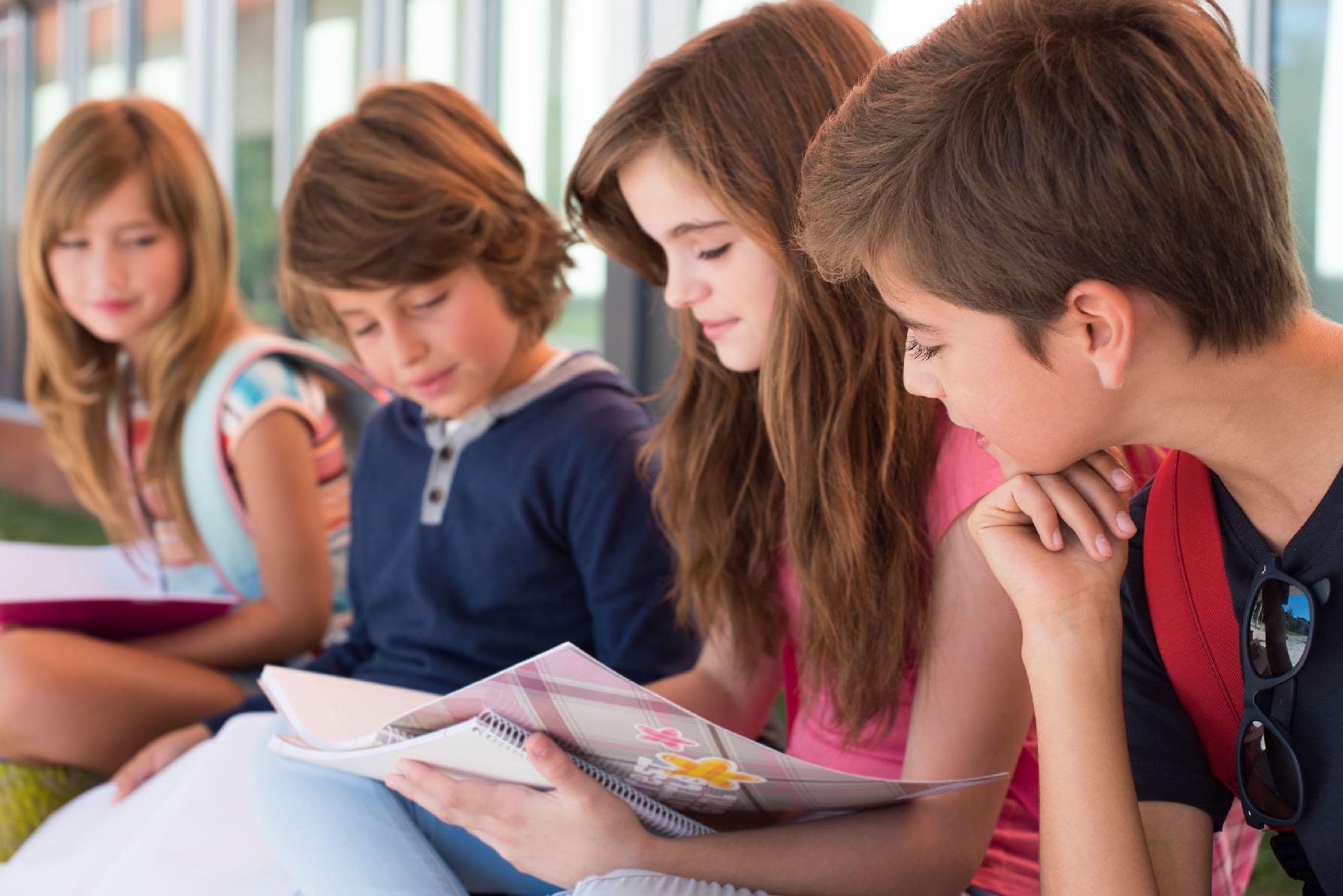
4 minute read
The School Years
Nido (12 months to 3 years)
Our pre-nursery follows the Montessori pedagogy of encouraging early sensory exploration, independence and creativity.
Advertisement
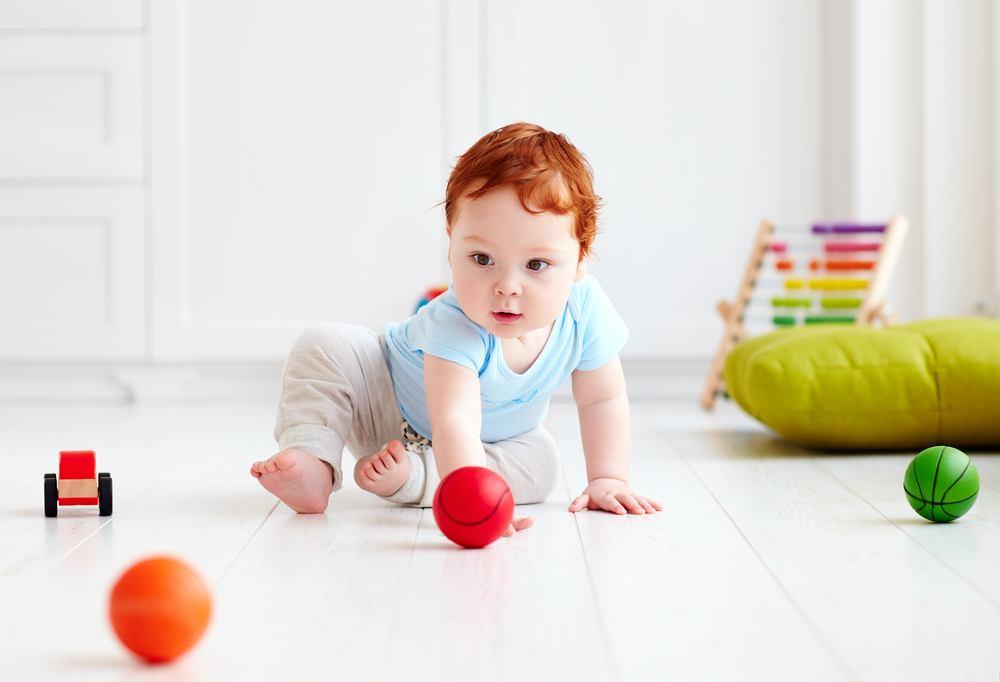
The environment is simplistic with the use of natural wood and textiles, a soft neutral colour palette and lots of uncluttered space, natural light and ventilation. The children are free to choose from the early didactic Montessori materials on low level shelves and baskets. There are hygienic floor mats, bean bags, wall bars, wall mirrors, ceiling hung mobiles and sensorial lighting.
Sleeping facilities are provided by the provision of cots and floor beds (each child is provided with their own brand new bed set upon entry), nappy changing facilities and bottle preparation area.
The nursery staff are all highly qualified and experienced for this young age group with a low ratio of 1:3.
It is our aim for the children to be both happy and stimulated at the very beginning of their learning journey.
Children’s House (3 to 5 years)
The Children’s House follows the authentic Montessori curriculum.
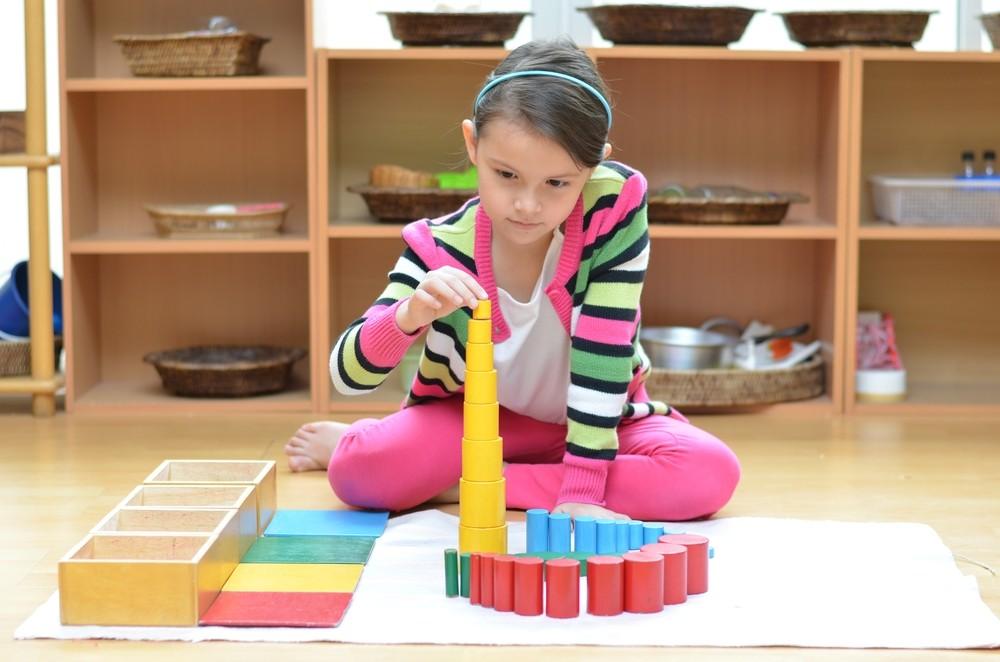
In addition to early learning, emphasis is placed on the development of personal, social and emotional skills including independence, confidence, self-esteem and curiosity.
This is achieved by encouraging the students to do things for themselves and to have freedom of choice. In the morning 3 hour work cycle, they are free to choose at their own pace, any of the activities from the open, easily accessible shelves; practical life, sensorial materials, literacy, mathematics and understanding of the world. They are also free to join in messy play, paint, to take morning snack or to participate in a group activity.
The class is a hive of activity but with a sense of calmness and purposefulness that is not ordinarily found in this young age group.
In the afternoons, the students enjoy; music and movement, cookery, gardening, forest school, art and craft, construction, physical education and yoga.
There is a Montessori Guide assigned for each student to provide support and encouragement, who is also responsible for their progress which is recorded in a digital learning journal on a daily basis. The qualified and experienced staff team provide a low ratio of 1:8.
We consider that learning should be fun and enjoyable so that each child reaches their true potential.
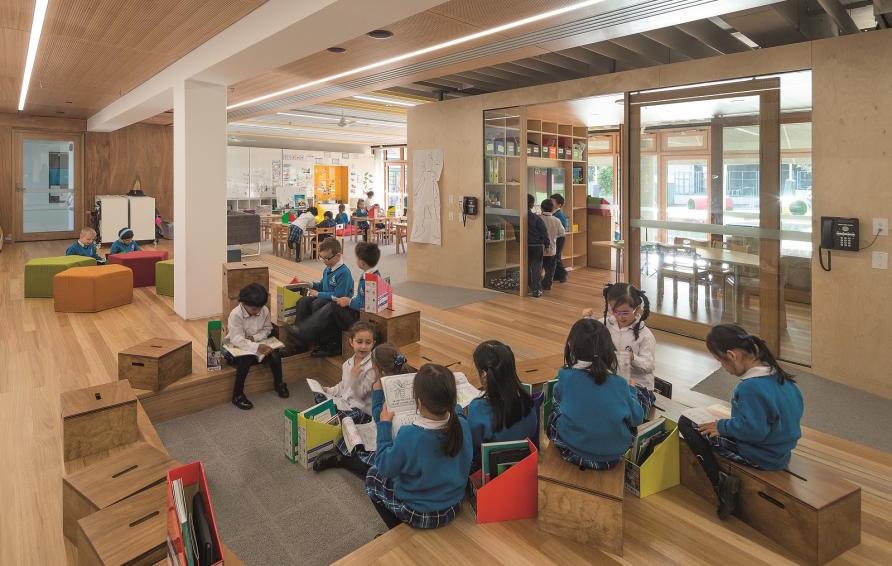

Daily Life
The Primary students enjoy their day very differently to what they would experience in an ordinary school
The day starts with a change into slippers and joining community time to share news, a personal, emotional and social aspect, an item relating to the term’s topic or possible changes to the day’s schedule.
A short period of direct instruction in one of the teaching pods then follows or independent/collaborative learning either inside in one of the many different areas of the schoolhouse or outside in the central courtyard. During this time, the students are free to move around and to help themselves to a healthy snack or drink at one of the kitchenettes. Mid-morning is playtime where the students enjoy the many outside activities in the natural environment.
A healthy, organic buffet style lunch is served in the heart of the school where the students are free to choose what to eat using china plates and to help themselves to mineral water from jugs on their table. They are responsible for clearing their plates into the Bokashi bins and cleaning their environment.
In the afternoons, the students continue with their learning, either an academic subject in the teaching pods, undertaking experiments in one of the science laboratories, being creative in the art room, working on a project in the STEAM workshop, completing a recipe in the student’s learning kitchen or playing an instrument in the music room.
There are also times when the students might be planting or harvesting at the food production plot or in the poly-tunnel, searching for minibeasts, making a wooden seat in Forest school, playing a sport, meditating in the yoga studio, working in the Eco Hub or making a video in the digital hub.

After normal school hours, the students can partake in one of the many after school clubs; football, pottery, gardening or a water sport at the nearby beach.
At mont21, we give the students a level of trust, responsibility and autonomy that they would not normally enjoy in an ordinary school. It is from this they grow in independence, confidence and to acquire a love of learning needed in their future lives.
Lower Secondary (12 to 14 years)
At this important stage when students transition from childhood to adolescence, they are not only supported in learning but also importantly in their social, moral, personal and emotional development.
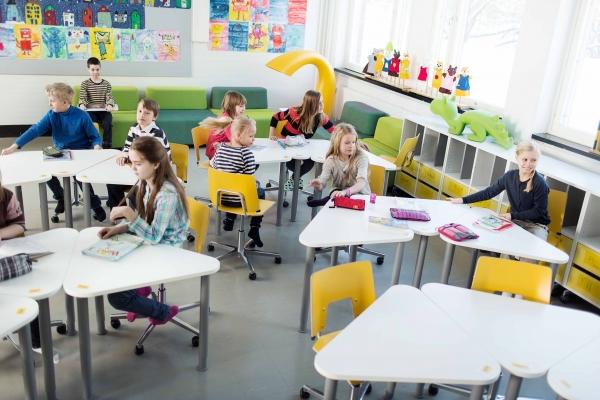
The classes are: Year 7/8 - ages 12 & 13 and Year 9 - age 14. Ages are taken as at 31 August.
In Years 7/8 & 9, students follow Key Stage Three of the British National Curriculum; English Language and Literature, Mathematics, Biology, Chemistry and Physics, Design and Technology, Computing, History, Geography, Art and Design, Music, Drama, Physical Education, Religious Education and PSHE.
At end of Class 9 they choose which subjects they wish to study to obtain the Cambridge IGCSE, the world’s most recognised international school qualification.
In addition to the compulsory subjects of English Language, Mathematics, Science, Modern Foreign Language, Spanish and Physical Education, they can also select from the following:
• Computer Science
• Design and Technology
• Geography
• History
• Environmental Management
• Global Perspectives
• Music
• Art and Design
Upper Secondary (15 to 16 years)
The style of learning is similar to that of college or university where the students are mostly responsible for their own work, assignments and time management.
The classes are: Year 10 - age 15 and Year 11 - age 16. Ages are taken as at 31 August.
The students follow Key Stage Four of the British National Curriculum where they study the subjects that they have chosen at the end of Class 9 and where, at the end of Class 11, they sit the IGCSE examinations at age 16.
Subjects are delivered by specialist mentors through a combination of traditionally taught lessons, independent and collaborative study, small study groups or blended learning.
The students are provided with a personalised study plan and benefit from one to one conferencing with their form mentor on a weekly basis.
They have free access to a comprehensively stocked library, technology, smart-boards and wipeable walls.
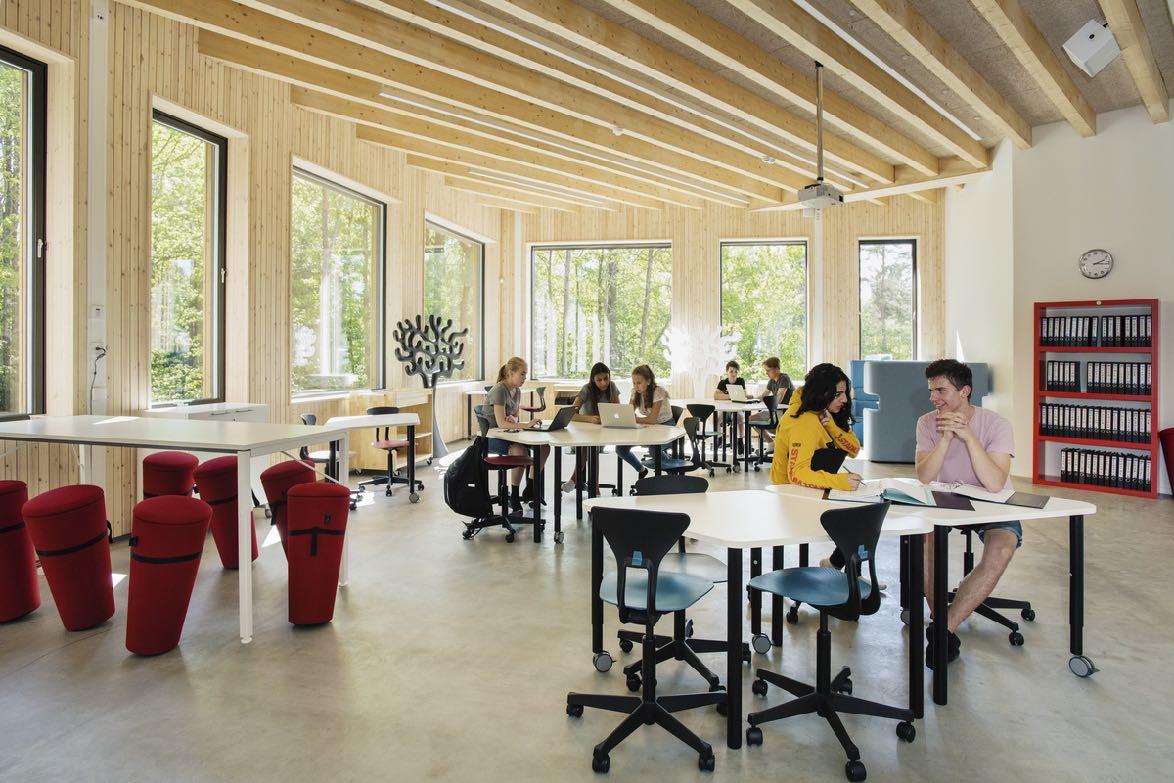
In the upper secondary years, the students are very much treated the same way as adults would be expected to be in the modern work place. They are given the respect and freedom to undertake their work in a way that suits them best, whether in different parts of the school or at home through the use of blending learning and technology.
In addition to academia, they are encouraged to do purposeful work in the school community and to develop their entrepreneurial skills through project based initiatives.









